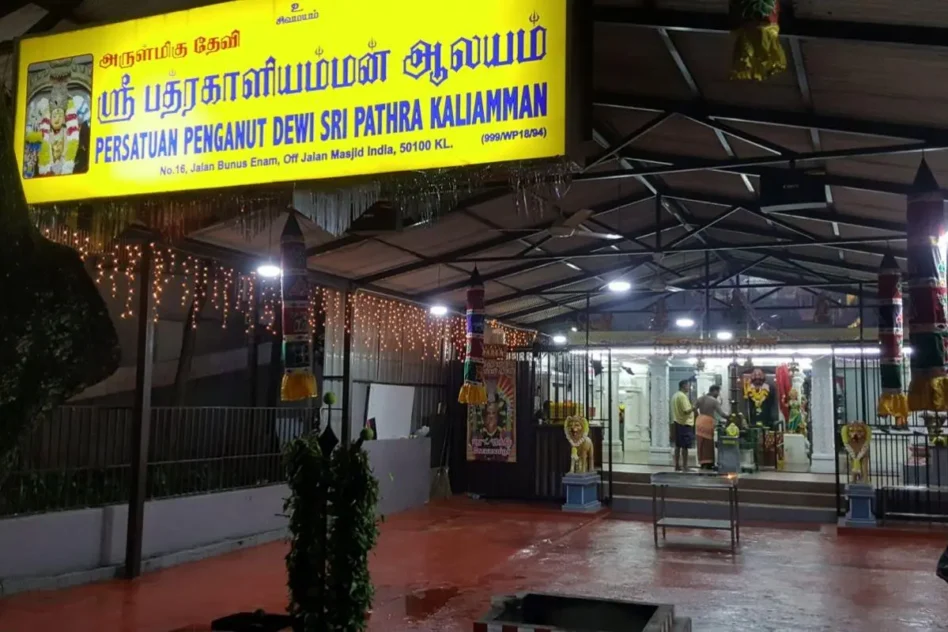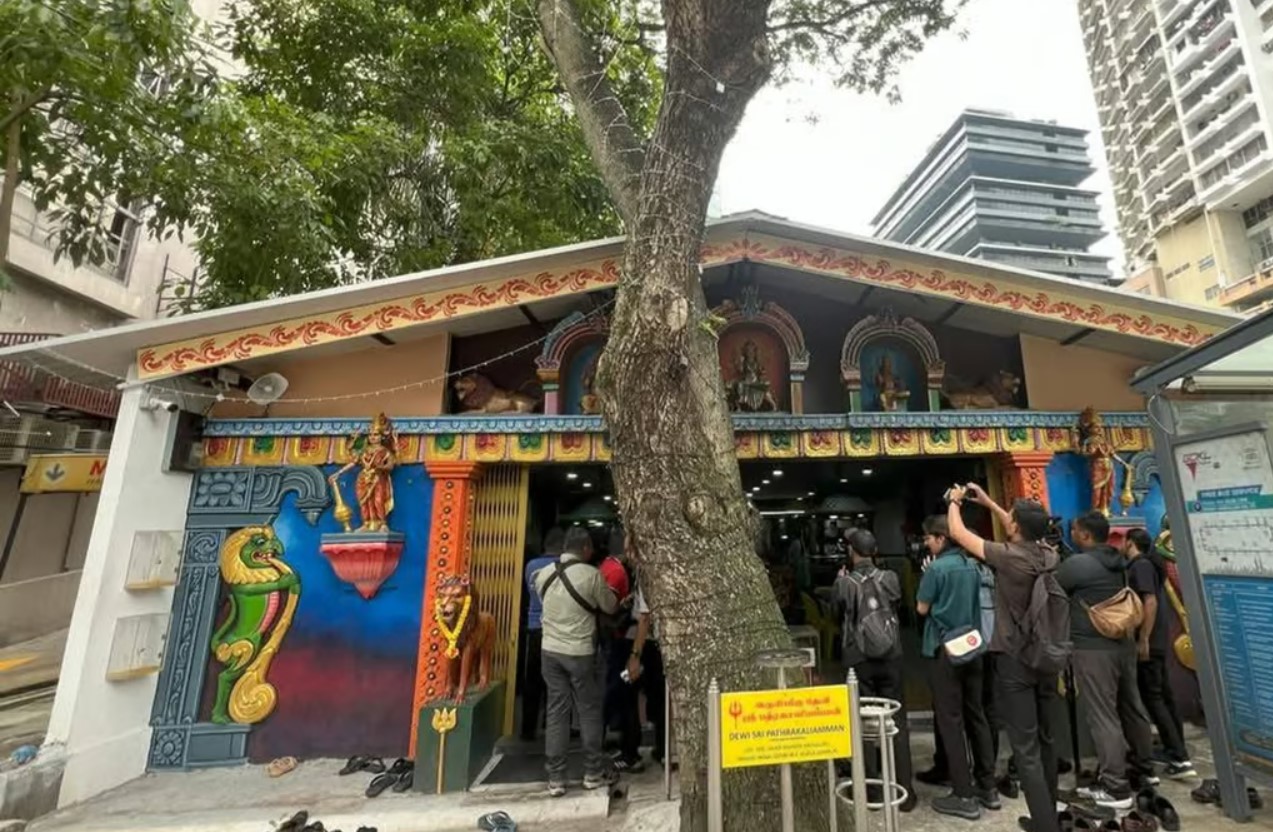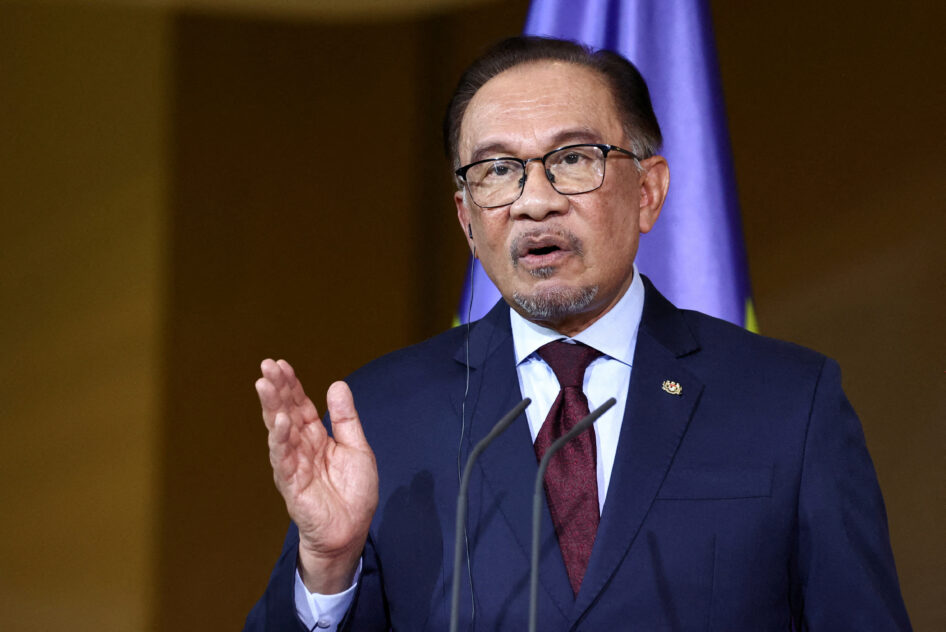THE controversy surrounding the Dewi Sri Pathrakaliamman Temple in Kuala Lumpur’s Masjid India district has created serious legal concerns that go beyond basic land ownership.
This pre-Merdeka temple, built in the late 19th century, is now on the verge of being relocated to make way for a new mosque. This has raised significant legal questions relating to administrative law, particularly the doctrine of legitimate expectation.
The combined effect of the temple’s historical presence and its relationship with the local authorities—particularly the Kuala Lumpur City Hall (DBKL)—make a strong argument for legitimate expectation.
The temple has been a vital component of the area’s cultural environment since its establishment before Merdeka, with only modest changes for infrastructure development.
DBKL’s continual provision of water and electricity to the temple throughout the years has further strengthened its presence in that area.
The crux of this controversy is not in the doctrine of indefeasibility of title, as some have suggested, but whether DBKL had acted in excess of its powers (ultra vires) when it sold the land to a private company in 2012.
In particular, it was reported in a local online news website that in the same year that the temple committee applied to convert the land title for non-Muslim worship purposes, the land was sold to a private company (Jakel), with DBKL allegedly representing (emphasis mine) the temple’s presence as being merely temporary.
Definition of legitimate expectation

In Law Pang Ching & Ors v Tawau Municipal Council [2009] 3 MLJ 452, the Malaysian Court of Appeal held that legitimate expectation arises when “[decision makers] induced… someone who may be affected by the decision a reasonable expectation that he will receive or retain a benefit or that he will be granted a hearing before the decision is taken.”
According to the case of Council of Civil Service Union [1985] AC 374, legitimate expectation can be derived either from express commitments or established practices.
Here, the temple’s century-long existence, coupled with DBKL’s long-standing accommodation of the temple and its continuous provision of water and electricity services to the temple, may collectively constitute such a practice, thereby investing the temple with legitimate expectation.
In such situation, DBKL is duty-bound to consider the temple’s interests before making decisions that threaten its existence.
The path forward for the temple committee, therefore, should it wish to mount any legal challenge, appears to lie in judicial review.
Relying on the decision of the Federal Court in Datuk Bandar Kuala Lumpur & Ors v Perbadanan Pengurusan Trellises & Ors Civil Appeal No. 01(f)-13-09/2021(W)(Taman Rimba Kiara case), the temple committee could challenge both DBKL’s rejection of their land title conversion application and the subsequent sale of land to the private company, arguing that DBKL has disregarded their historical presence and rights and has thereby acted ultra vires.
This case emphasises the need for administrative bodies to consider legitimate expectations while exercising their discretionary powers. Ultimately it comes down to effective administrative decision-making and protecting genuine public-law expectations. – May 2, 2025
Mark Goh Wah Seng is a senior law lecturer at a private university in Malaysia.
The views expressed are solely of the author and do not necessarily reflect those of Focus Malaysia.
Main image: Malay Mail









